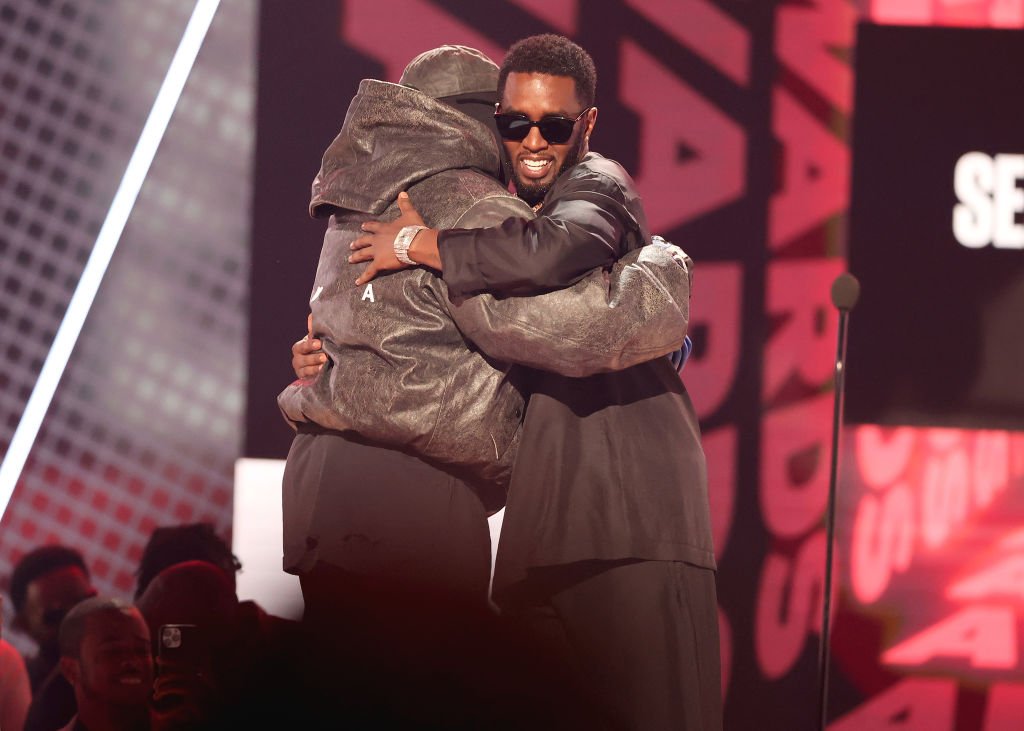In a surprising moment during his recent Chicago show, Kanye West made headlines by likening himself to music industry giants R. Kelly and Diddy. This bold comparison has sparked widespread discussion and controversy, reflecting West’s unique position within the music and cultural landscape.
Kanye West, known for his groundbreaking music and boundary-pushing antics, has never shied away from making bold statements. However, his latest remarks at a packed show in Chicago have left fans and critics alike pondering the implications of his comparisons. West stated, “Just like R. Kelly revolutionized R&B, and Diddy shaped an era of hip-hop, I see myself in the same light within this industry.”
R. Kelly, whose musical legacy is marred by legal controversies and convictions, revolutionized R&B with his smooth vocals and catchy beats. Diddy, on the other hand, is celebrated for his role in shaping the sound of ’90s hip-hop and building an empire that spans beyond music into fashion and media. By placing himself alongside these figures, Kanye West not only acknowledges their contributions to music but also aligns himself with their level of influence and controversy.
West’s comparison to R. Kelly and Diddy is multifaceted, reflecting his acknowledgment of their musical genius as well as their complex and often controversial legacies. While West has undoubtedly left an indelible mark on music and fashion, his career has also been punctuated by controversy, from interrupting Taylor Swift at the VMAs to his outspoken political and social media statements.
The reaction to Kanye’s comments was immediate and divided. Some fans applauded West for his confidence and willingness to place himself among the ranks of such influential figures. Others criticized the comparison, especially considering R. Kelly’s criminal convictions, suggesting that West’s self-assessment might be more about controversy than actual musical or cultural contribution.
The discussion following West’s statement extends beyond the immediate reactions on social media and taps into deeper conversations about legacy, influence, and the complicated nature of celebrating artists with controversial personal lives. It raises questions about how the music industry, and society at large, reckon with the art versus the artist, especially in cases where the artist’s personal actions conflict with their public achievements.
Kanye West’s comparison to R. Kelly and Diddy at his Chicago show has undoubtedly added another layer to his complex public persona. Whether seen as a genius or a provocateur, West continues to shape his legacy in ways that only he can, sparking conversations that reflect the ongoing debates within music, culture, and celebrity.
As the dust settles on his latest controversial statement, what remains clear is that Kanye West remains a figure who cannot be easily categorized or dismissed. His ability to provoke discussion, whether through his music, fashion, or public statements, underscores his status as one of the most influential and talked-about artists of his generation.


